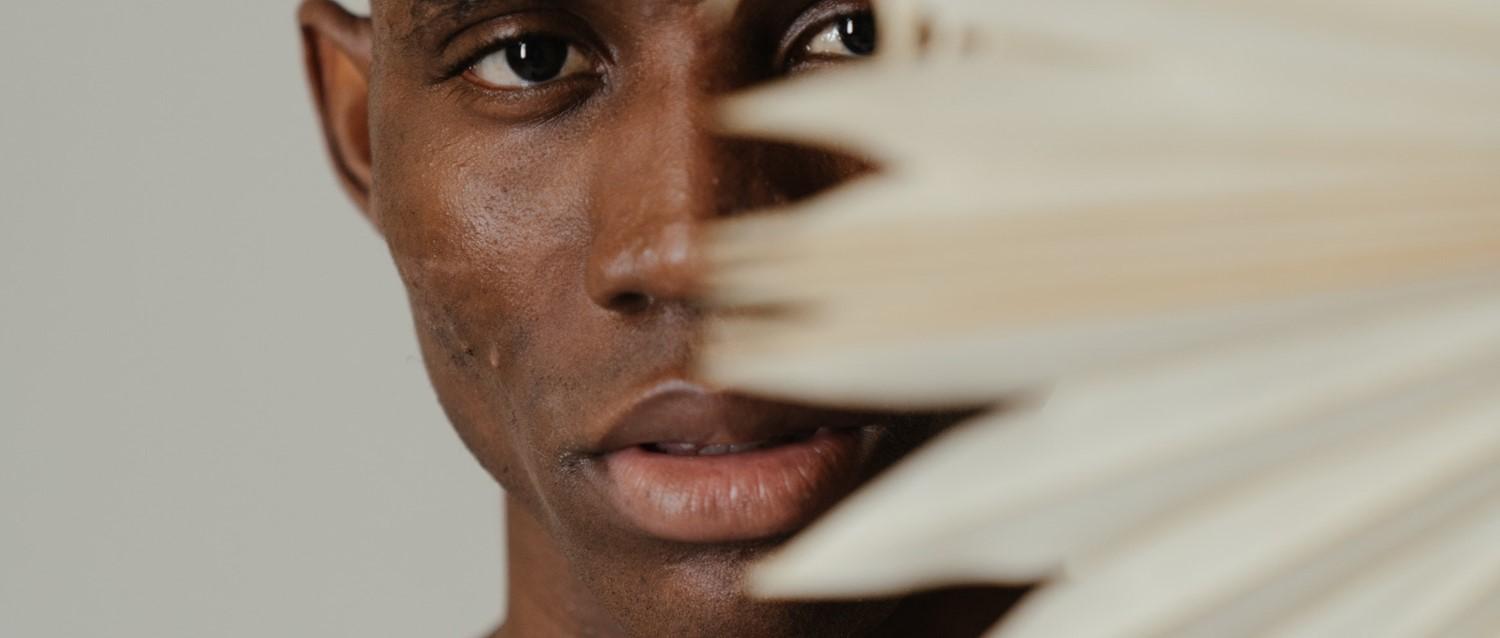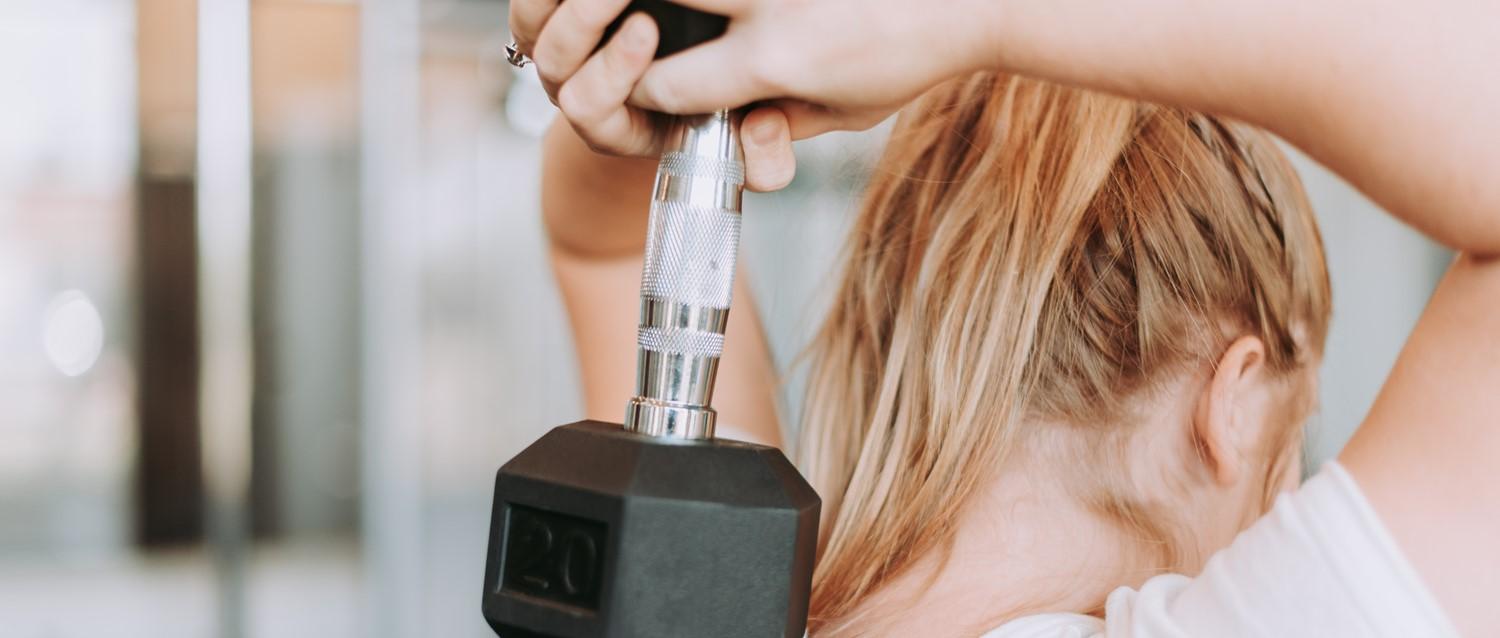
How to get rid of acne scars: your ultimate guide
Peer reviewed by Dr Krishna Vakharia, MRCGPLast updated by Amberley DavisLast updated 28 Jul 2022
Meets Patient’s editorial guidelines
- DownloadDownload
- Share
- Language
- Discussion
It may be one of the most common skin complaints, but the physical and mental scars that acne leaves behind can be a great source of stress. Fortunately, there's a wide range of treatment options to suit various acne scar types and severities.
In this article:
Video picks for Acne
What are acne scars?
If your acne scars are causing you to shy away from the mirror, to cover your face in public, or even to avoid seeing friends and family, you're not alone. Sadly, acne scars can be a source of great distress and low self-esteem. Many people even feel embarrassed, but this skin issue is far from rare - in fact, at least 40% of people with acne have the scars to show for it1.
So why does acne so often leave a mark? Dr Sunil Chopra2 explains: "Most superficial wounds heal without scarring; however, acne scars occur when the dermis (inner layer of skin) is damaged.
"Acne scars are usually the product of inflammation. These inflamed blemishes occur when the pore (tiny holes in your skin that hair follicles grow through) become engorged with excess oil, dead skin cells, and bacteria.
"When the pore swells it can break its wall. Ruptures that occur near the skin's surface (the epidermis layer) usually heal quickly. However, more serious damage occurs when there is a deeper break in the pore wall. This damages the dermis and to repair itself the skin forms new collagen fibres which results in a scar."
How long does it take for acne scars to fade?
Back to contentsThe good news is that acne scars tend to fade over time. However, this does depend on how deep into your skin the damage goes.
According to Dr Chopra, an uneven skin texture is a good indication of deep scarring. There are several different types of acne scars. These include:
Ice pick scars - deep punctures.
Boxcar scars - indentations in the skin that are broader in shape.
Rolling scars - look like mini hills (raised) and valleys (indentations).
Keloids - raised and usually red or pink.
Continue reading below
How to get rid of acne scars
Back to contentsIf you feel that acne scars are affecting your self-confidence, you'll be pleased to know that there is a range of treatment options. The catch is that a lot of them come with a premium price tag, but some options such as topical treatment (that you rub directly on to your acne scars) are widely available on the NHS.
It's important to note that while these procedures are all generally considered safe, side effects can occur. Various factors including your acne scar type may increase this risk. Always seek advice from your GP or dermatologist before treatment.
Laser resurfacing
This increasingly popular approach involves targeting lasers at the problem areas to stimulate the growth of healthy skin tissue in replacement of damaged or dead skin cells. Dr Chopra says:
"The Fraxel Laser combines two different wavelengths; one acts as a gentle exfoliant on the skin's surface, while the other creates micro-channels within the skin to trigger collagen production (a key building block of skin).
"For textured acne scars such as boxcar and ice pick, lasers can be more effective than any topical treatment. This is because they reach deep enough to break up the scar tissue that's causing the texture in a way that a topical treatment wouldn't be able to."
Other energy-based procedures
There is an emerging trend that combines laser resurfacing with other energy-based treatments to stimulate collagen production. Whereas laser therapy uses light, these treatments use heat energy. For example:
Radiofrequency devices - send a current of heat deep into the skin to tighten collagen.
Intense pulsed light - sends pulses of scattered light that converts to heat, triggering collagen production.
Microdermabrasion
Also known as dermabrasion, this procedure is suitable for more severe scarring. Here, the very top layer of skin is removed with a rapidly rotating device. This can completely remove surface acne scars and reduce the visibility of deeper scars.
Cosmetic surgery
Surgery isn't right for everyone, but there are two popular minor procedures:
Punch excision - involves cutting out individual acne scars and repairing the wound with stitches or a skin graft.
Subcision - involves inserting needles under each scar to loosen and untether scar tissue.
Injections
This is a temporary solution, and you will need to repeat treatments if you are pleased with the reduction in visible scarring. There are two main types:
Soft tissue fillers (dermal fillers) - injecting substances such as collagen or fat can plump the skin on top of the acne scars.
Botox (onabotulinumtoxinA) - injecting Botox relaxes the skin around the scars, reducing the appearance of uneven skin texture.
Chemical peels
Certain peeling agents - such as salicylic acid, lactic acid, and glycolic acid - exfoliate the skin surface, effectively removing any dead skin cells responsible for acne lesions. At the same time, these peels stimulate new healthy cells to grow. You will likely need to have a series of chemical peels in order to see a significant improvement3.
While you can purchase cheaper at-home peels, these will have a smaller concentration of peeling agents, making the results less noticeable and more short-term.
Micro-needling
During this simple technique, a device studded with small needles is rolled over your skin to trigger collagen formation. Results are relatively subtle, one study found that four sessions could improve the appearance of acne scars in a range of severities4.
Acne scar creams - Your FAQs
Back to contentsIf you're wondering how to get rid of acne scars on a budget, then topical creams, gels, lotions, and pads that you apply directly on to your scars may be a good choice. These are the most convenient and cost-effective treatment, although how well they work will depend on the type and severity of your scarring.
Some are available on prescription, including antibiotic and retinoid lotions. However, the skincare industry also markets lots of products with a wide range of ingredients that all claim to diminish the appearance of acne scars.
Dr Chopra reviews some of the most popular products and ingredients on the market (the following views belong to Dr Chopra and not to Patient).
Does Differin help acne scars?
"Differin Gel contains adapalene, which can help to refine the appearance of scars and pores. As a result, using Differin Gel may help to promote a more even skin tone and decrease the appearance of scars."
Does Sudocrem help acne scars?
"Sudocrem contains zinc oxide which is highly effective in the treatment of thickened, wide, and raised scars (hypertrophic scars)."
Does Epiduo help with acne scars?
"Epiduo contains two active ingredients, adapalene 0.1% and benzoyl peroxide 2.5%. Adapalene is a retinoid that increases the turnover of skin cells. Benzoyl peroxide is a keratolytic that breaks down keratin, a protein that forms part of the skin's structure. Together, these can help to increase cell turnover and reduce acne scarring5."
Does salicylic acid remove acne scars?
"Salicylic acid is a peeling agent that causes the shedding of the epidermal layers. It can help to clear the debris and skin cells in your pores that can lead to acne and also helps to reduce swelling and redness which may reduce the appearance of scarring."
Continue reading below
Are you making these mistakes?
Back to contentsDoes sunlight help with acne scars?
On the contrary, too much sun exposure can cause further discoloration for acne scars. "Scar tissue is more susceptible to sun damage than the rest of your skin, so it's vital that you protect scars, and skin, from the sun's UV radiation with a high factor SPF (sun protection factor)," adds Dr Chopra.
Do sunbeds help with acne scars?
No - Dr Chopra describes this as a 'common misconception'. Just like the UV from the sun, sunbeds can actively damage and worsen acne scars and so should be avoided.
Does Bio-Oil help acne scars?
"I would not advise using Bio-Oil on acne scars," says Dr Chopra. "The many fragrance types can sensitise skin, and it can also block your pores and cause acne."
Acne can affect more than your skin
Unfortunately, the impact of acne can't always be resolved with a cream or procedure. If your acne scars are making you feel depressed or anxious, it's important to know that there is mental health support out there.
Here are some UK-based organisations that are at hand if you need help:
- mental health support and suicide prevention charity:
Call: 116 123 for free.
Email: jo@samaritans.org.
Self-help app.
Mind - mental health support and resources charity:
Call: Infoline: 0300 123 3393 or legal line: 0300 466 6463.
Email: info@mind.org.uk or legal@mind.org.uk/.
Further reading
Back to contentsPatient picks for Acne

Skin, nail and hair health
How to get rid of acne scars: your ultimate guide
It may be one of the most common skin complaints, but the physical and mental scars that acne leaves behind can be a great source of stress. Fortunately, there's a wide range of treatment options to suit various acne scar types and severities.
by Amberley Davis

Skin, nail and hair health
Is your exercise routine giving you acne?
We all expect a sore muscle or two after a heavy workout session, but there's one side effect of exercise you probably didn't know about - acne. Yes, that's right, exercise can cause acne and it can occur all over your body. Dermatologist Dr Anjali Mahto explains why your workout could be causing breakouts.
by Andrea Downey
Continue reading below
Article history
The information on this page is peer reviewed by qualified clinicians.
28 Jul 2022 | Latest version
28 Jul 2022 | Originally published

Ask, share, connect.
Browse discussions, ask questions, and share experiences across hundreds of health topics.

Feeling unwell?
Assess your symptoms online for free
Sign up to the Patient newsletter
Your weekly dose of clear, trustworthy health advice - written to help you feel informed, confident and in control.
By subscribing you accept our Privacy Policy. You can unsubscribe at any time. We never sell your data.